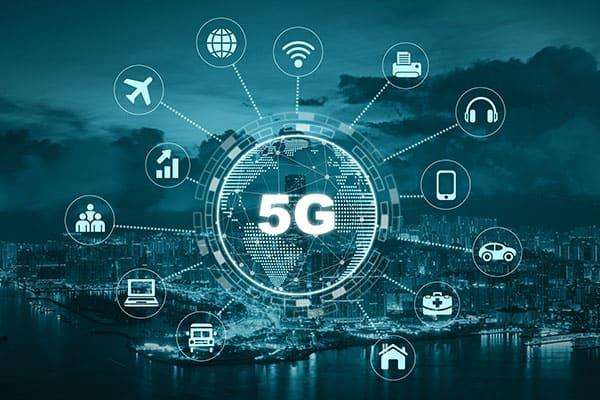The Economic Impact of 5G: Transforming Industries and Creating Opportunities
The advent of 5G technology marks a new era in global connectivity, offering unprecedented speeds, lower latency, and enhanced reliability. Beyond revolutionising the way we communicate, 5G is poised to generate significant economic value, drive job creation, and transform industries worldwide.
Driving Economic Growth
5G is expected to contribute trillions of pounds to the global economy over the next decade. With its ability to support a vast array of connected devices and enable real-time data transfer, industries such as manufacturing, healthcare, transportation, and finance will see a surge in efficiency and innovation. Businesses leveraging 5G technology can expect increased productivity, streamlined operations, and new revenue streams, positioning them at the forefront of the digital economy.
Job Creation and Workforce Transformation
As industries adapt to 5G capabilities, new job roles will emerge across various sectors. The demand for professionals in network infrastructure, cybersecurity, AI, and data analytics will rise, requiring a workforce skilled in emerging technologies. Additionally, 5G-enabled automation will reshape traditional job functions, necessitating reskilling initiatives to ensure employees remain competitive in a rapidly evolving job market.
Revolutionising Key Industries
The impact of 5G will be most profound in industries reliant on seamless connectivity and real-time data exchange:
- Healthcare: 5G will facilitate remote surgery, telemedicine, and AI-driven diagnostics, improving patient outcomes and expanding access to healthcare services.
- Smart Cities: Enhanced connectivity will enable intelligent traffic management, energy-efficient infrastructure, and improved public safety systems.
- Manufacturing: The implementation of 5G-powered automation, robotics, and predictive maintenance will drive efficiency and reduce operational costs.
- Entertainment and Media: Ultra-fast speeds and low latency will enhance augmented reality (AR), virtual reality (VR), and cloud gaming experiences.
- Transport and Logistics: Autonomous vehicles, real-time tracking, and drone deliveries will become increasingly viable with the adoption of 5G networks.
Overcoming Challenges
Despite its vast potential, the widespread adoption of 5G faces challenges such as high infrastructure costs, regulatory hurdles, and cybersecurity concerns. Governments and private sector entities must collaborate to ensure secure, reliable, and inclusive 5G deployment, bridging the digital divide and maximising economic benefits.
The Future of 5G
As 5G networks continue to expand, their impact on the global economy will become increasingly evident. By fostering innovation, creating jobs, and enhancing connectivity, 5G technology will shape the future of industries and redefine the way we interact with the digital world. Organisations that embrace this transformative technology will not only gain a competitive edge but also play a pivotal role in shaping the next generation of economic growth and technological advancement.

